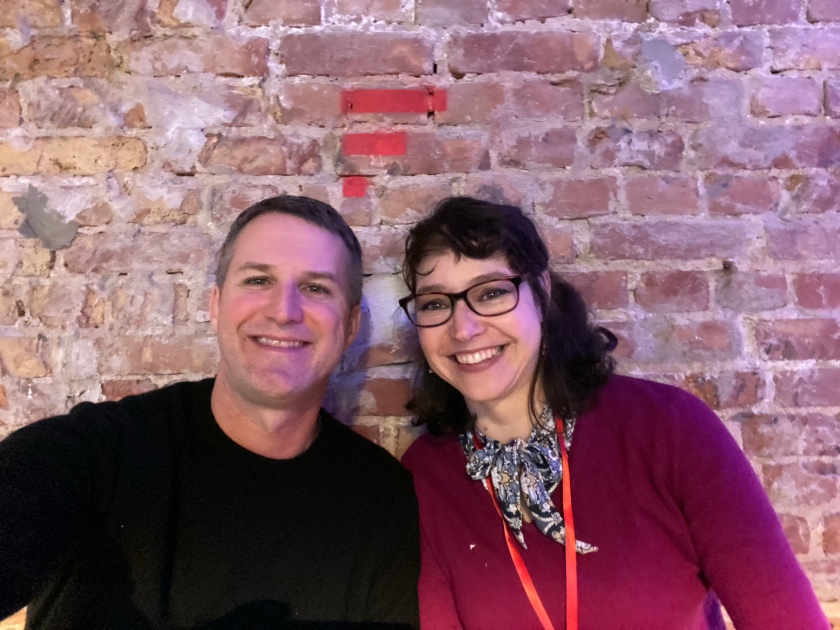
I’m in Berlin discussing digital identity and data empowerment at the World Frontiers Forum. The 2-day event is being held quite purposely at a site adjacent to the former Berlin Wall on the 30th anniversary of its fall (on November 9, 1989).
It’s also the city where I was tasked by Nokia – in 2009 – to figure out a strategy on what to do with data on 1.2 billion Nokia users. A colleague and I decided that very night, not so far from the former Stasi headquarters, to build a platform for people to take control of their own data and use as they choose.
It was instantly clear to us how different the world might have been if the East German surveillance state had the means to know what 1.2 billion people were doing, where they were going, what they were reading, and who they were communicating with. The authoritarian risk has only grown in the last 10 years (see China and its active export of its surveillance tools).

I first came to Berlin on a fellowship as a young high school student in 1987. The experience of seeing both sides of ground zero of the Cold War was as close to a life changing experience as a suburban kid from Jacksonville, Florida could have. For the first time, I felt a complete loss of control to a force that was (mostly) faceless and nameless and watching my every move. That included a frightening encounter with a voice from a watchtower loudspeaker that ordered me to move away from a forbidden zone by the Wall and a small river.
That experience rushed back to me yesterday visiting an art installation at the Gropius-Bau Museum called The Watchtower. Walking in the room and seeing the menacing shadow on the wall and floor, I found myself backing away until I was pressed against the window frame on the opposing wall.
My next thought was that I couldn’t understand the origin of the shadows. I searched for the light and model but couldn’t find them (spoiler alert: it turns out they were painted). The artist, Nadia Kaabi-Linte (also attending the artist inspired WFF), was accompanying us. She confirmed another person’s view that it represented, in part, the unseen tracking and exploitation of our lives by companies and governments.
I turned to look out the window. The view was of remains of the Berlin Wall and the location of the former Gestapo headquarters (now a museum of that regime of terror). I couldn’t have tied together my lifetime of experiences any more powerfully. It’s time for people to be empowered with their data and identity. Enough. Genug.



